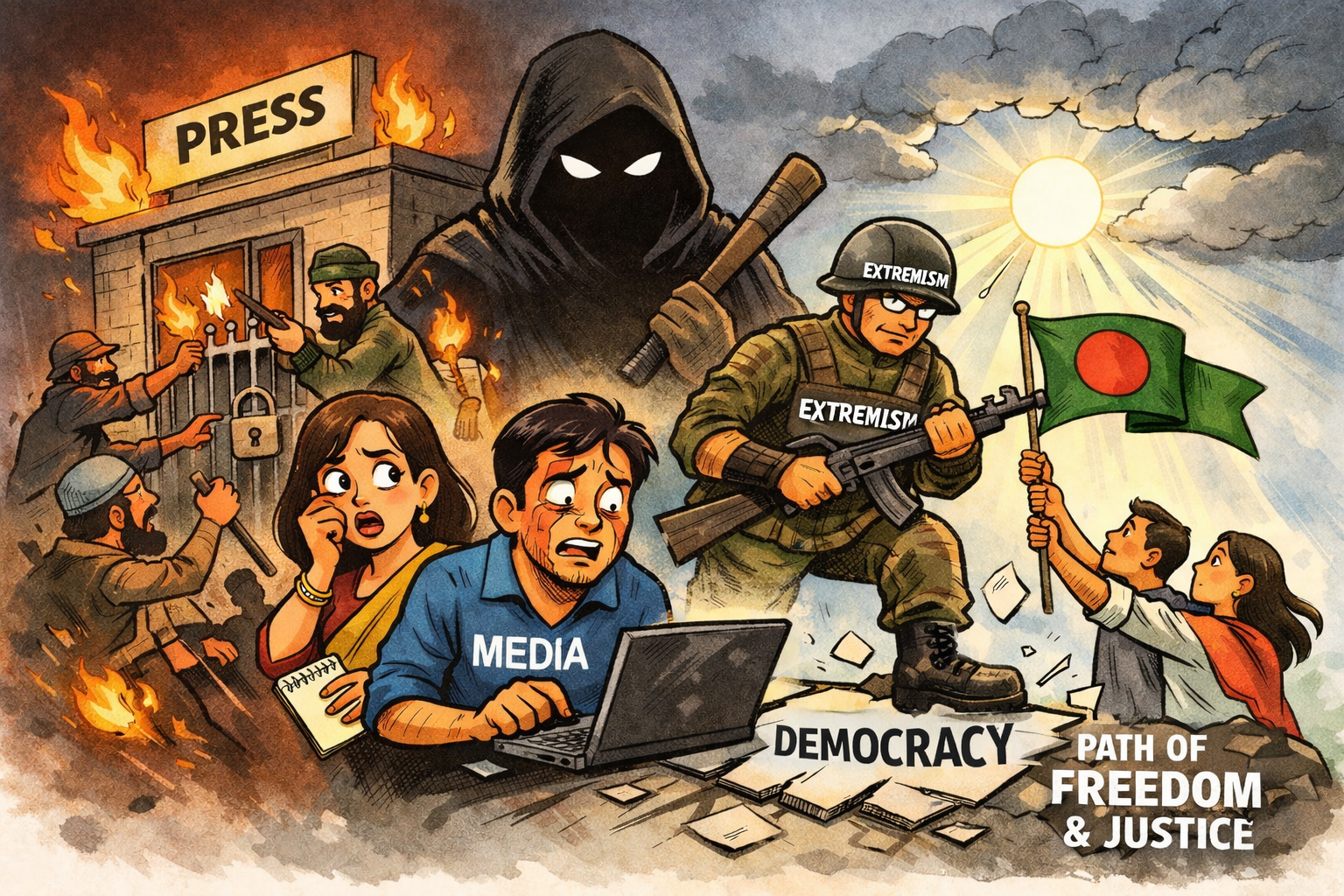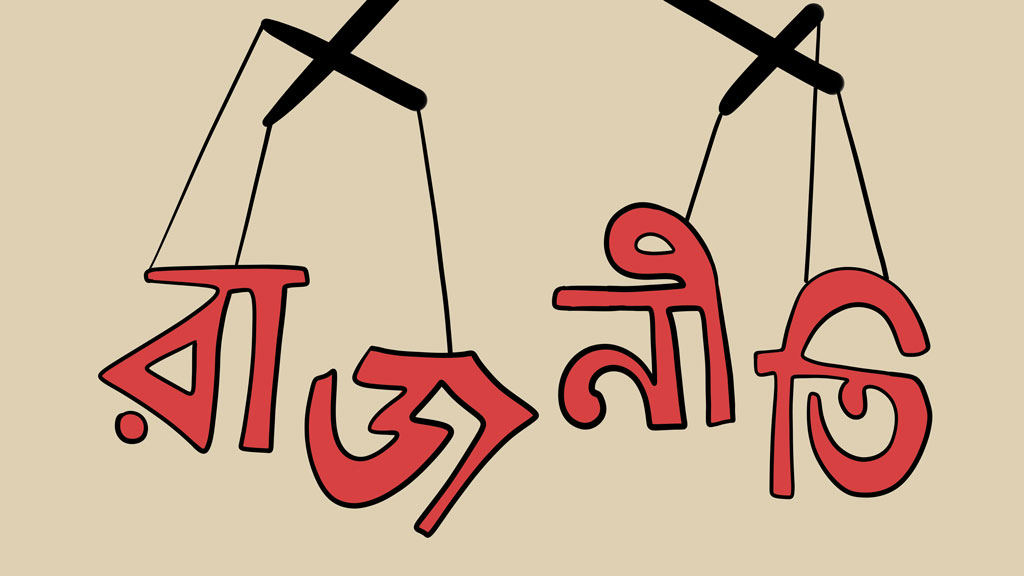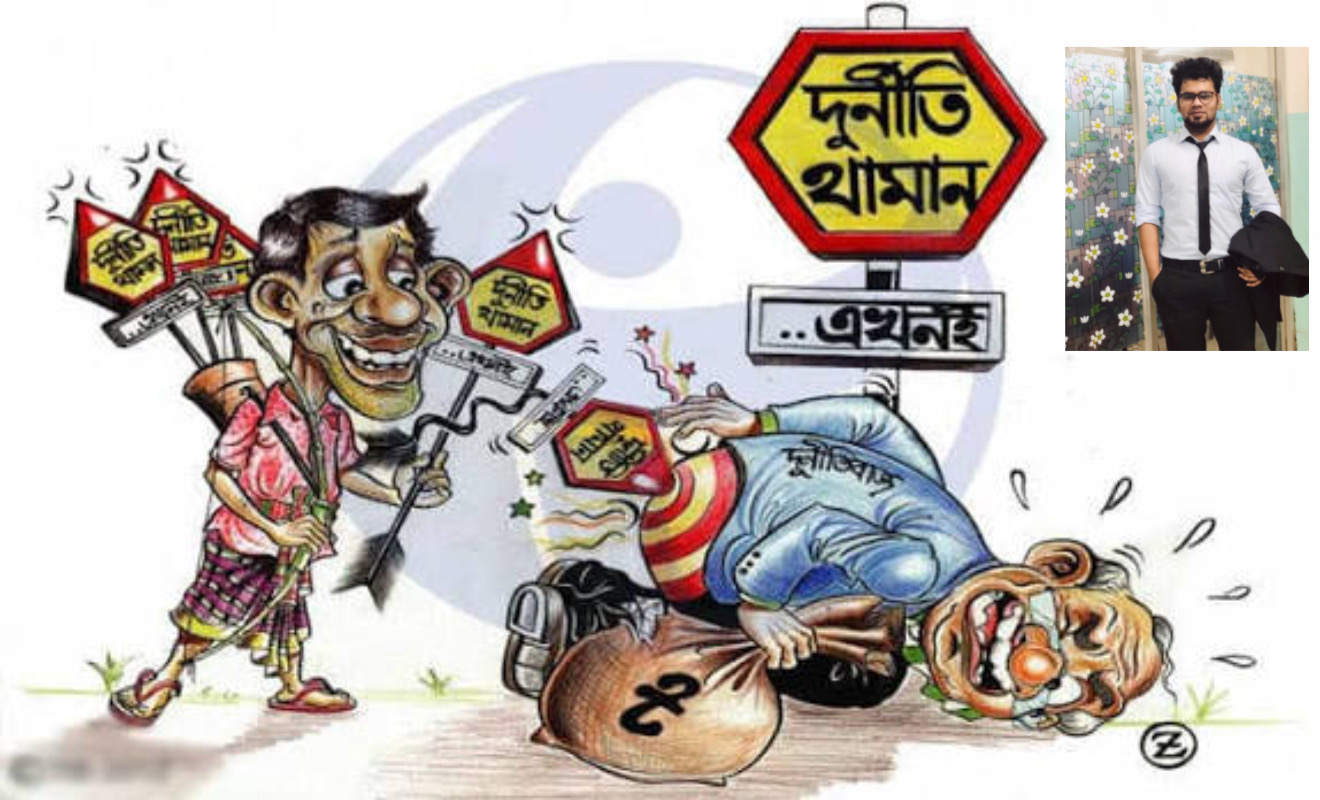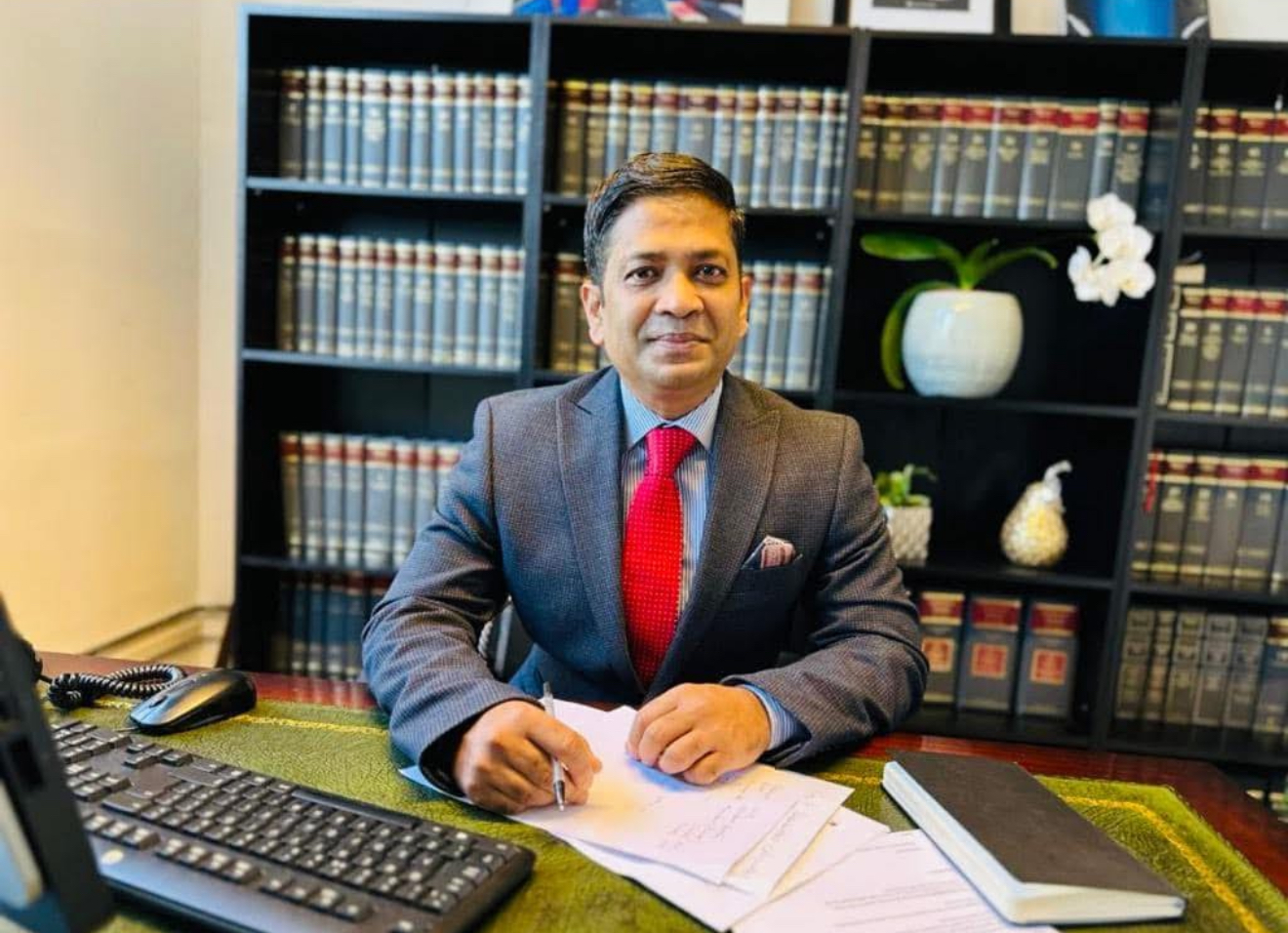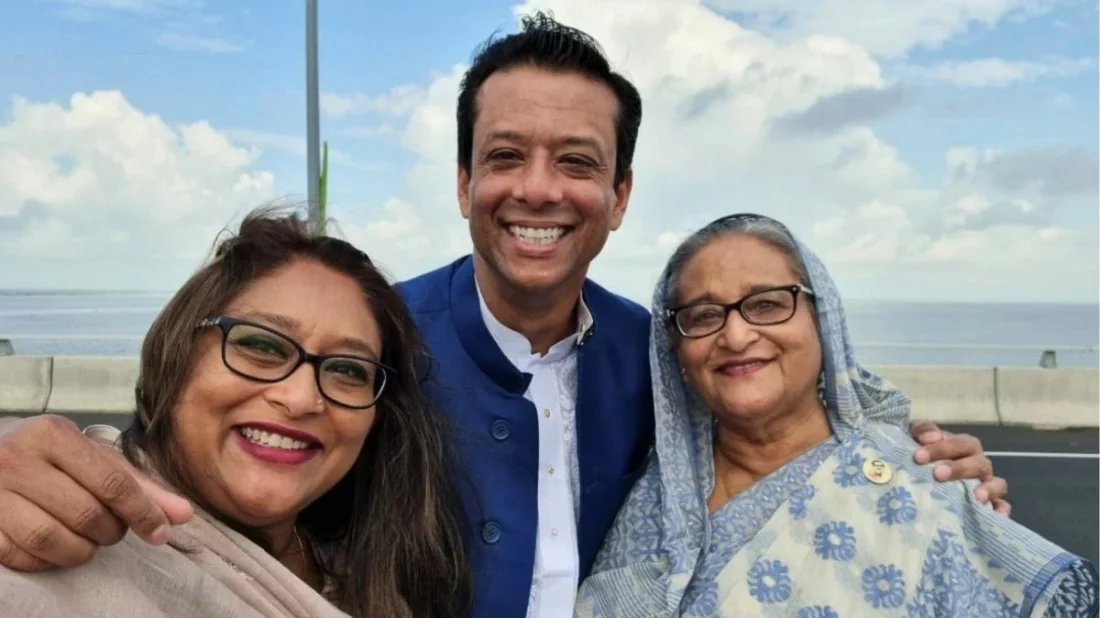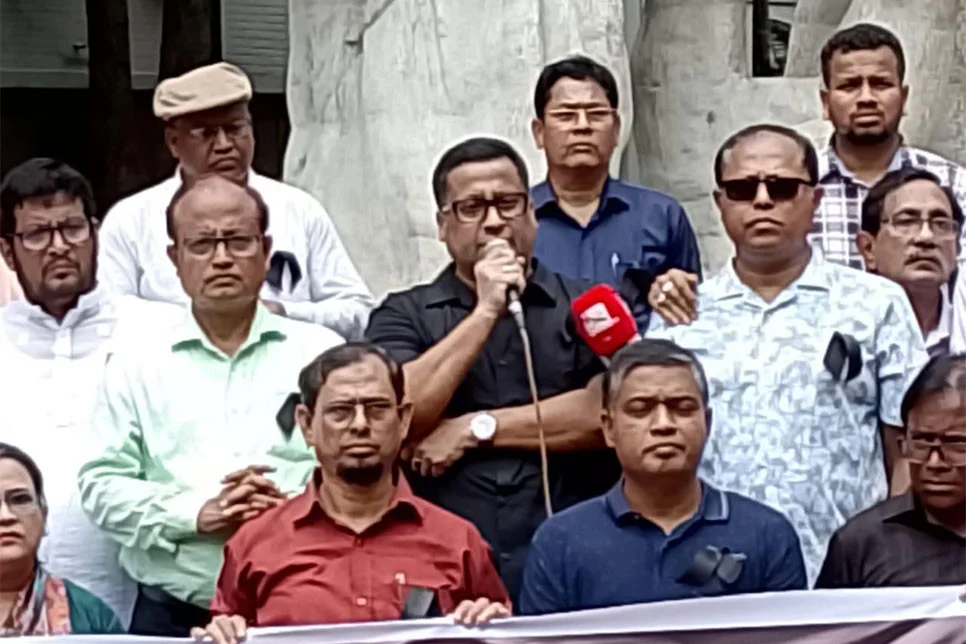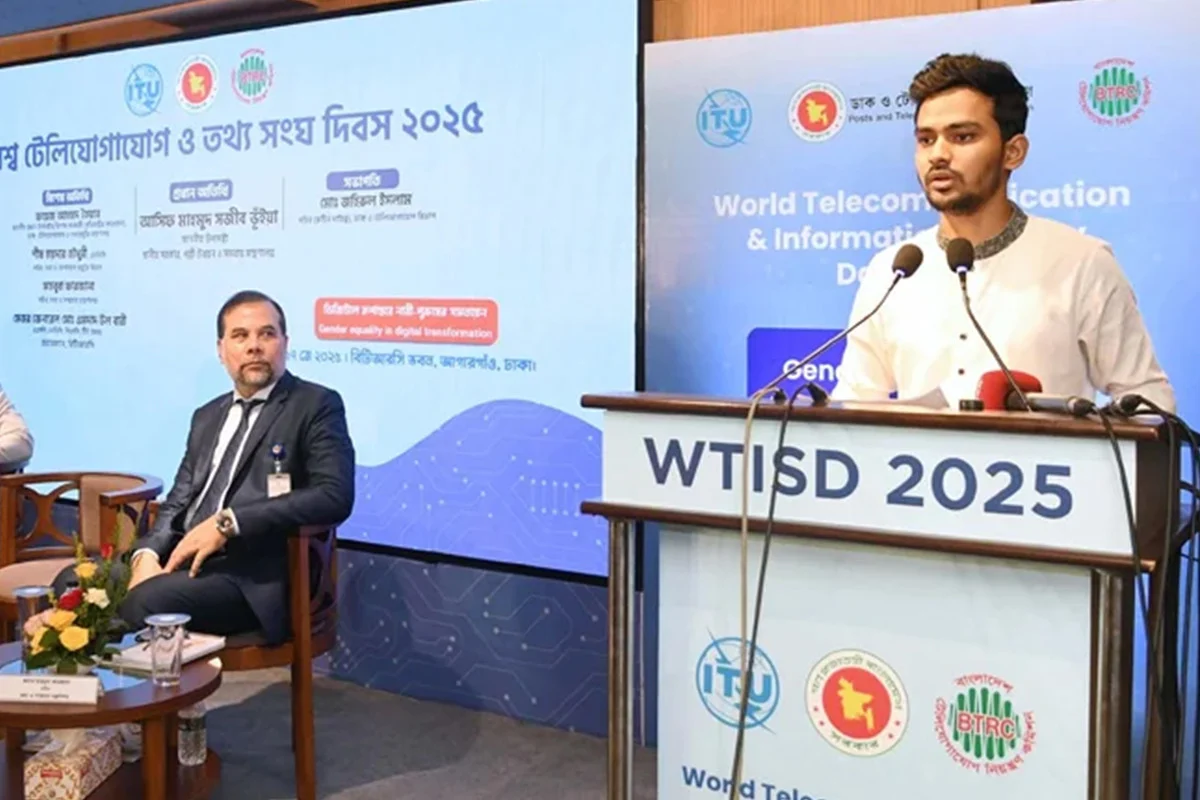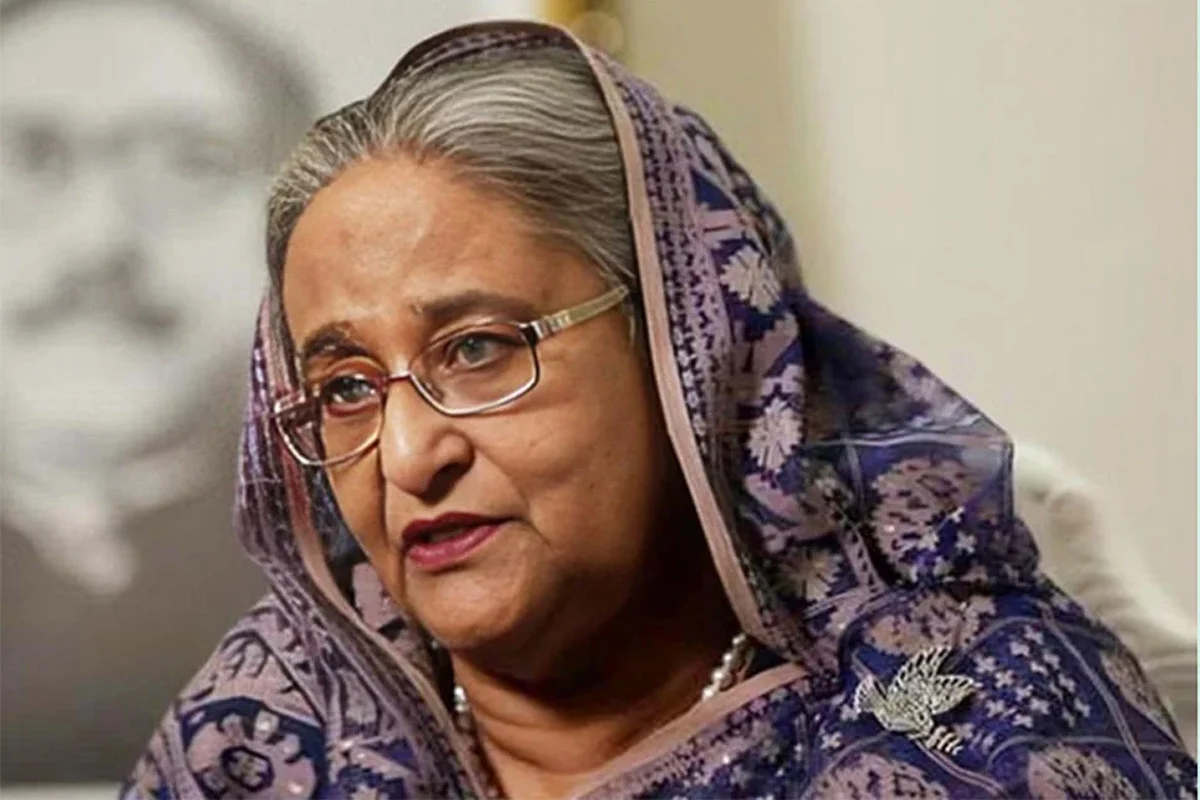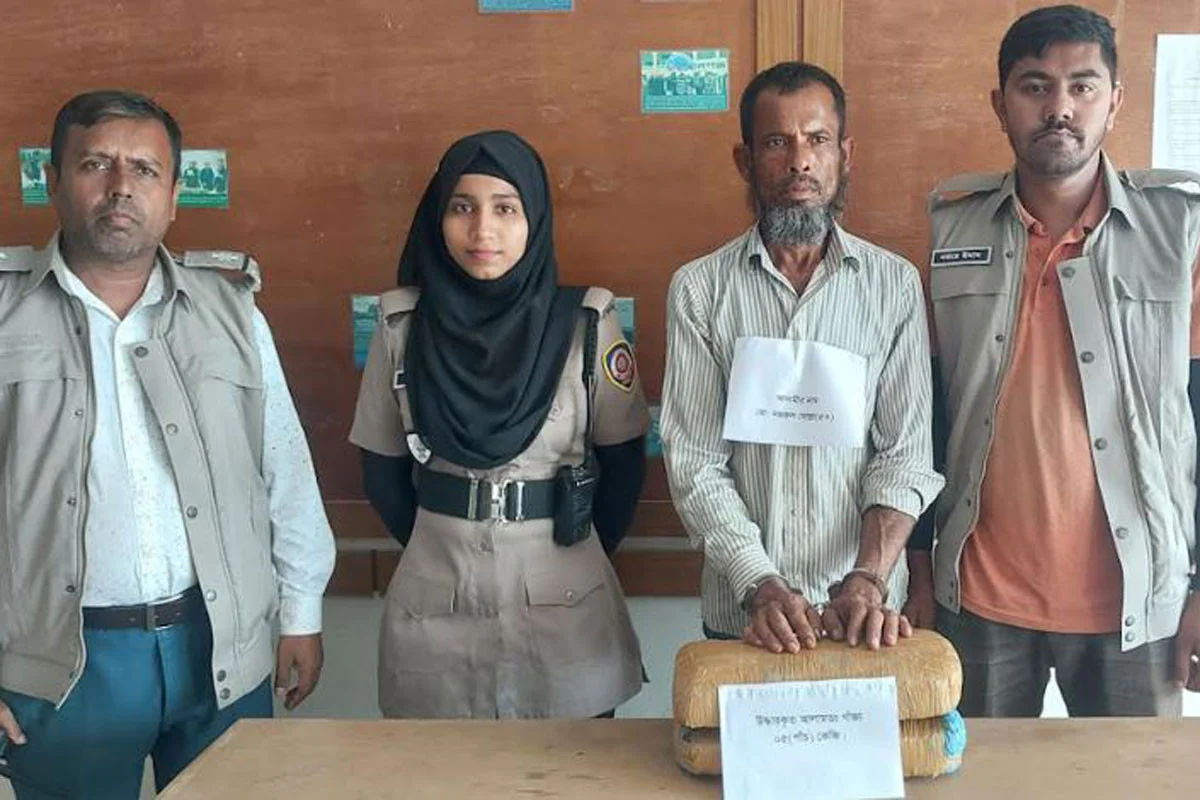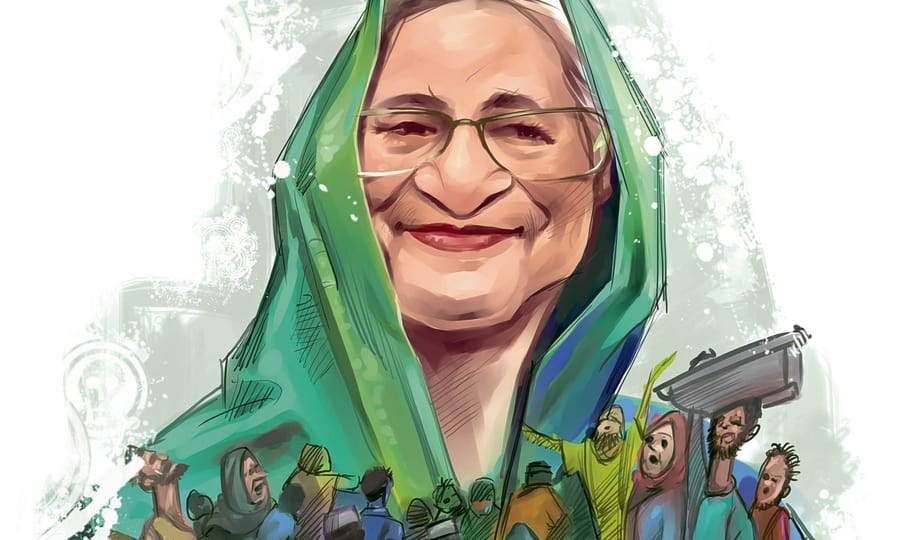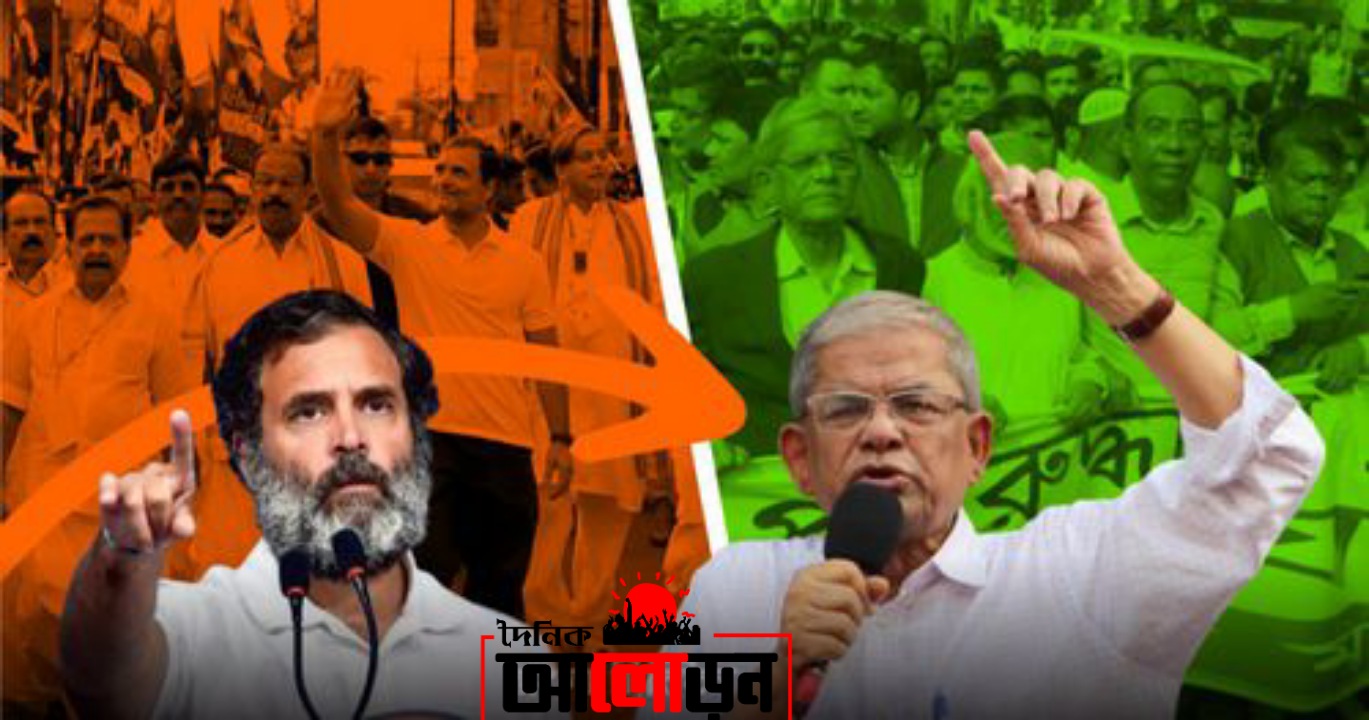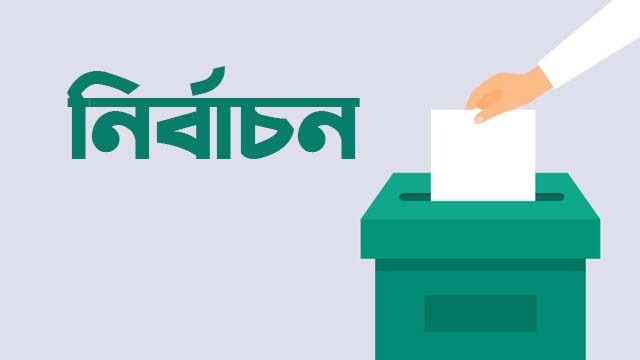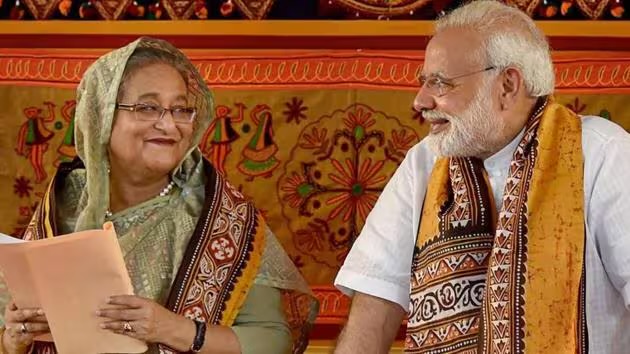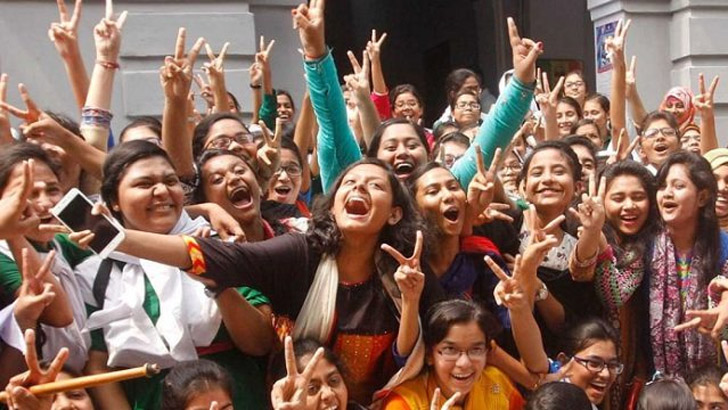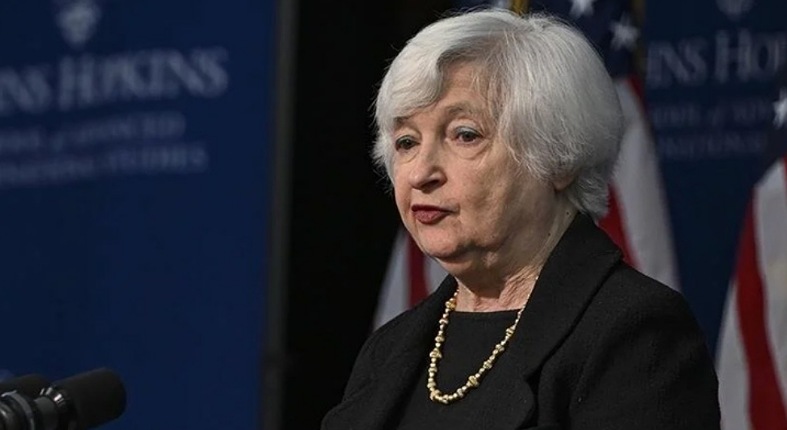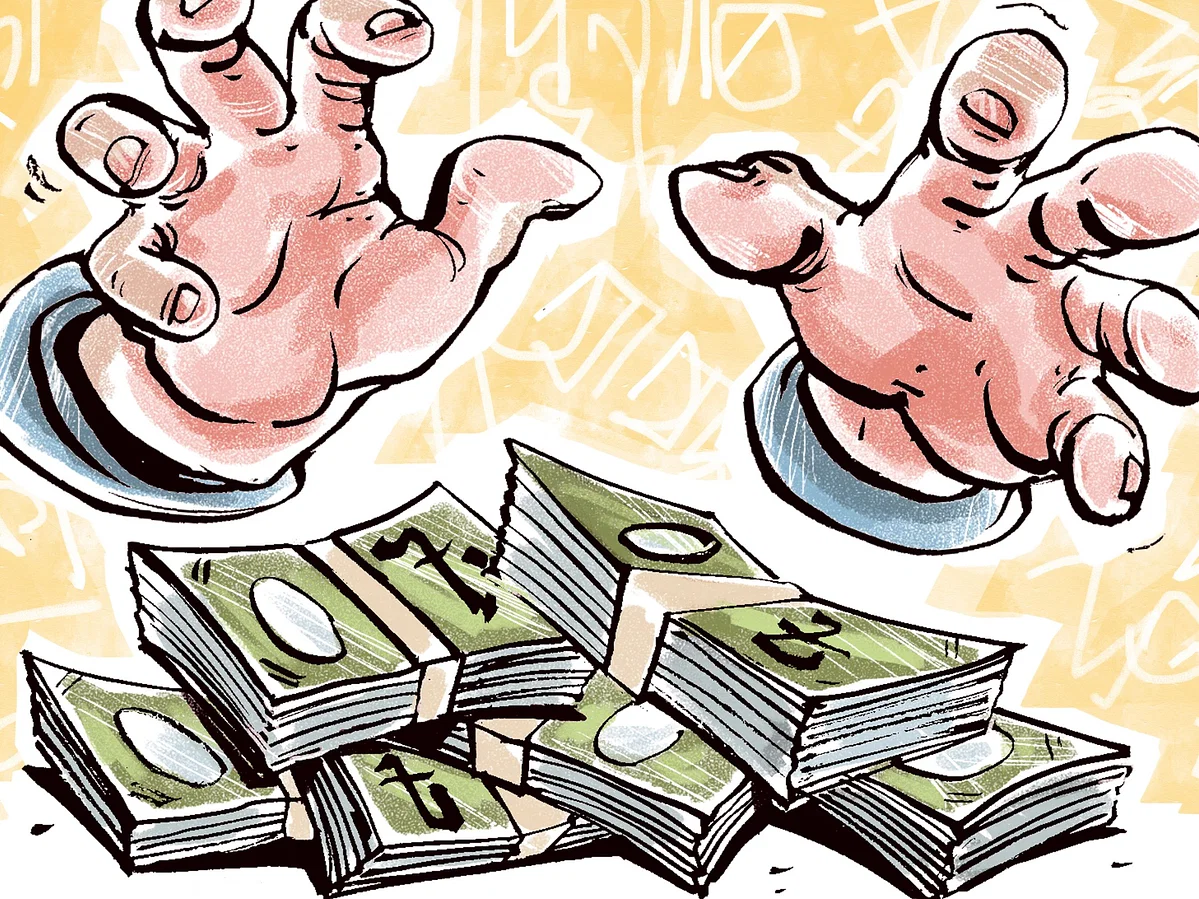
Apurbo Ahmed Jewel: Due to the weaknesses and corruption in the Bangladeshi government and administration, many individuals have resorted to various methods of smuggling money out of the country. This is not limited to Bangladesh alone; it is happening in other countries as well. This information can be obtained from government documents and international organizations.
The top ten countries receiving the highest amount of money from Bangladesh are as follows: 1. United States 2. United Kingdom 3. Canada 4. Australia 5. Singapore 6. Hong Kong 7. United Arab Emirates 8. Malaysia 9. Cayman Islands 10. British Virgin Islands.
Surrounding economic corruption and embezzlement, there is no longer any privacy, and the question now is who is doing it, where, and how much money is being earned. There is no specific research or investigation on this matter in Bangladesh. Canada has taken the lead in addressing economic corruption. In Bangladesh’s economic corruption, Canada plays a crucial role. However, the issue is being publicized in such a way that it seems like Canada is solely responsible for corruption. In reality, only a small part of economic corruption originates from Canada.
Recently, the Financial Transactions and Reports Analysis Centre of Canada (FINTRAC) revealed detailed information on 5,824 specific financial transactions that took place in Canada over the past year. In response, the finance minister stated that it involves non-politicians with accounts in non-governmental banks, who are more involved in financial transactions than the government. Information about Bangladeshi citizens residing in Canada has been collected discreetly in an attempt to investigate. If the minister suggests that this information points to corruption among government officials, what is the plan for resolution?
Who are the biggest beneficiaries of corruption? Businessmen or politicians? Moreover, if they are allowed to move freely, they will get away with everything. But it is clear that no one can do this without government assistance.
The General Secretary of the Dhaka South City Corporation Youth League has reportedly embezzled 22.7 billion Taka, as revealed by the Anti-Corruption Commission. This news has been published in the country’s media.
On August 21 of the previous year, fake notes worth two thousand Taka were seized in Faridpur district, the president of the Chhatra League, M. Ekai, and two thousand Taka fake notes were also seized in the same district. A case has been filed at Kafrul Police Station against the editor of the city Awami League, Sajjad Hossain Barakat, and his brother Imtiaz Hasan Rubel.
In the context of economic development, Bangladeshis living abroad have made significant investments in their country. Malaysia is considered the top destination. Under the Malaysian government’s “Malaysia My Second Home” program, Bangladeshis have invested heavily in various sectors such as agriculture, production, and tourism. Many Bangladeshis have also opened businesses in major cities like Kuala Lumpur and small towns across the country. As a result, thousands of jobs have been created, contributing significantly to the economy.
According to the policy of the Bangladesh Bank, without the approval of the central bank, no individual can invest abroad. A business owner who wishes to expand their business in another country can open a liaison office and spend up to $30,000 annually. Various organizations have been granted approval to borrow from foreign banks. However, many organizations are borrowing from foreign banks without approval. Borrowing without approval is illegal and punishable under Bangladesh law. Nevertheless, these organizations are exempt from borrowing from foreign countries such as the United States, Canada, Australia, the United Kingdom, Singapore, Thailand, Malaysia, and some countries in the Middle East. These organizations can evade tracking and scrutiny by going beyond the reach of Bangladeshi law.
In 2004, Bangladesh owed $365 million to the World Bank. As of 2019, this figure has increased to $5.367 billion. In just 15 years, Bangladesh’s World Bank debt has increased by a factor of 15! The second-largest borrower of the World Bank, ‘Begampara,’ is not only in Canada but also in other countries.
Global Financial Integrity (GFI) is a research organization that works globally on illegal financial transactions and money laundering. According to their information, Bangladesh is losing $373 million or 64 billion Taka annually through illegal international trade. This has been happening since 2008, and the amount is only increasing. This means that the government is losing a significant amount of money through these illegal businesses, and they are being blacklisted by the international community.


